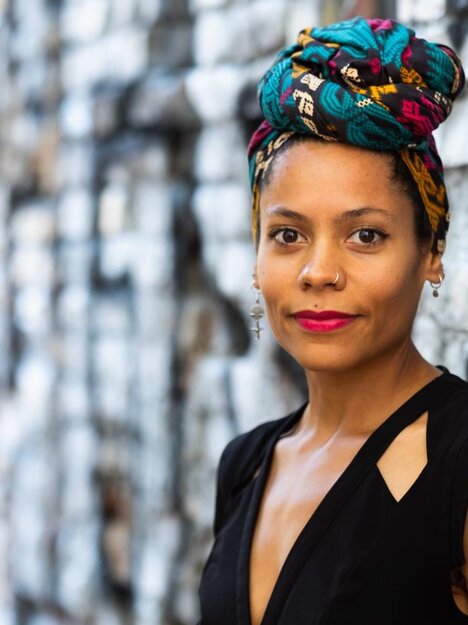Levelly human is enough

Yes. We are eminently more complex than the boxes that were invented centuries ago to define, separate and classify humans. Instead of boxes, I would rather speak of a ladder, a powerful, yet mostly invisible hierarchy in which we are all embedded. Depending on our gender, skin colour, religion, ethnicity, sexual orientation, social class and disability (or a combination of these), we occupy the higher or lower ranks of this ladder. Boxes exist independently of each other; they are separate, do not relate to each other. The ladder depicts more accurately the hierarchical relation that exists between these categories. The codependency between these identities becomes unmistakably clear. Women are constructed in relation to men, Blacks in relation to whites, queers in relation to straight people, disabled people in relation to non-disabled people. The superiority of men, whites, straight and non-disabled people relies on the constant devaluation and dehumanization of their opposites. This is when we understand that dismantling this hierarchy requires that we make the oppressed groups visible, but also that we name and define the invisible norm, which has been constructed as superior – as ‘normal’, the standard against which intelligence, beauty, and overall worth are measured. ‘Normal’ people are not used to being named, to being made visible. Their existence, perspectives, interests and experiences stand for humanity as a whole. ‘Men’s literature’, ‘heterosexual bar’, ‘white culture’, need not be named. We have come to a point where we need a new ‘normal’, a normal that reflects the magnificent diversity of our experiences, perspectives, bodies. We need a new normal which doesn’t rely on the brutal exclusion of the majority of the world’s population to establish itself as the superior norm. We need a non-hierarchical normal, and only then will we be able to say ‘we are all human’ without dissonance, without hypocrisy.
Identity politics did not invent these categories, nor is it reaffirming the hierarchy that holds them together. Instead, identity politics unveils the brutal logic of oppression by deconstructing the categories that imprison us – including by naming them. Before we can declare these categories obsolete, we need to recognize that they have shaped and continue to shape our lives in tremendous ways: femicides, genocides, racist police violence, mass incarceration, colonization, the systematic murder of trans women.
Identity politics is all about liberation. The Combahee River Collective, a group of US-American Black feminists who coined the term identity politics, formulated their political demands with eloquent humility: ‘To be recognized as human, levelly human, is enough.’
© Emilia Zenzile Roig
Emilia Zenzile Roig, PhD, is the founder and director of the Center for Intersectional Justice (CIJ) in Berlin. She teaches Intersectionality, Critical Race Theory and Postcolonial Studies, International and European Law in Germany, France and the US and gives talks and lectures on intersectionality, feminism, racism, discrimination, diversity and inclusion. 2021 her book Why We Matter was published.
